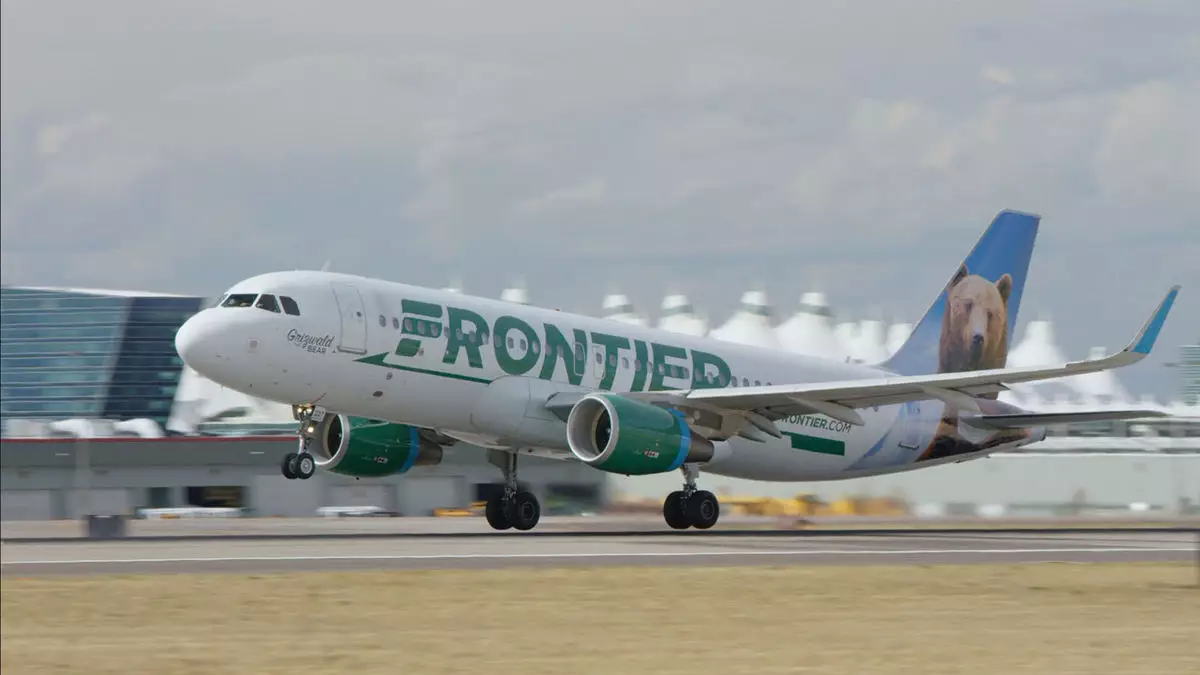In the competitive landscape of the airline industry, mergers often serve as strategic maneuvers to bolster market position and enhance financial stability. For low-cost carriers like Spirit and Frontier Airlines, merging could consolidate their market presence and simplify operational costs. Recent reports suggest that Spirit Airlines is reigniting discussions with Frontier Airlines regarding a potential merger, catalyzed by looming financial difficulties for Spirit. This move underscores the volatile nature of the airline market, particularly as consumer preferences lean towards full-service airlines amid current economic pressures.
Back in February 2022, Frontier Airlines and Spirit Airlines entered a robust $2.9 billion merger agreement aimed at creating a dominant force in the U.S. ultralow-cost sector. The aimed consolidation not only promised an expansive operational scale but also a competitive edge over larger carriers. However, the merger bid faced disruption when JetBlue Airlines intervened with a more enticing $3.8 billion offer, which ultimately swayed Spirit’s shareholders despite warnings regarding potential antitrust issues. The Justice Department’s subsequent legal campaign to block the merger only solidified the complexities revolving around airline consolidations, which often garner considerable regulatory scrutiny.
Current Financial Struggles of Spirit Airlines
Fast forward to the present, Spirit Airlines’ financial landscape has deteriorated significantly. The airline recently reported staggering operating losses of $360 million in the first half of the year, accumulating an overall operating loss of $496 million for 2023. The shift in consumer behavior, resulting in diminished demand for discount airlines, coupled with the effect of a potential merger falling through, has plunged Spirit into a crisis. This financial instability raises serious concerns about the possibility of a Chapter 11 bankruptcy filing, a situation that would drastically change the company’s operations and obligations.
Emerging discussions between Spirit and Frontier indicate that there may be a flicker of hope for Spirit’s troubled finances, albeit under contentious conditions. If a merger agreement materializes, it is likely to value Spirit at significantly less than the previous $2.9 billion deal. This drawback reflects not only the current economic climate but the operational realities that both airlines face. With Spirit managing a looming $1.1 billion in loyalty program-backed debt, negotiations may pivot on the successful restructuring of their finances.
As both airlines navigate these tumultuous waters, the path forward involves poignant challenges, including regulatory hurdles and the realities of consumer preferences. The airline industry continues to evolve rapidly, and whether Spirit and Frontier can successfully merge to create an ultralow-cost powerhouse remains uncertain. Just as the market dynamics shift, so too must each airline adapt to not only survive but thrive in this cutthroat environment. The outcome of these discussions could reshape the operational strategies of both carriers, marking a critical turning point in their respective futures.

